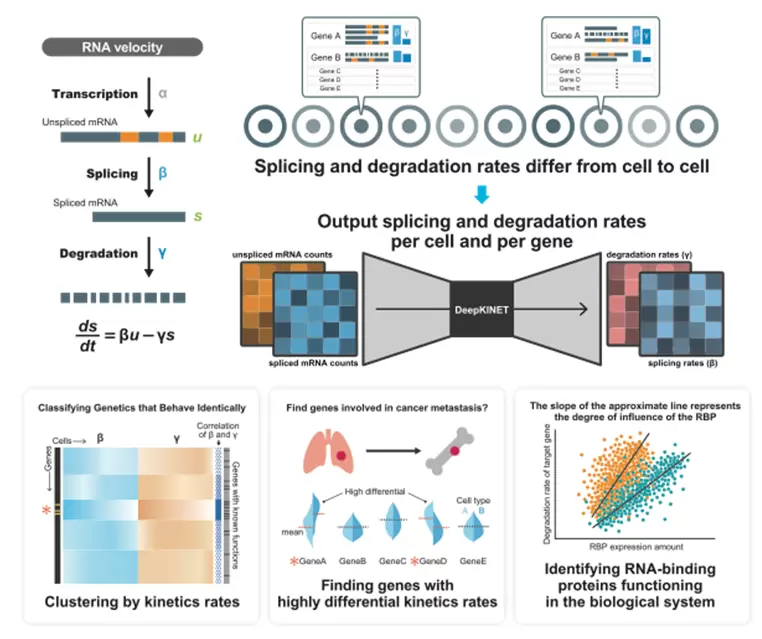2024-09-12 デューク大学(Duke)
<関連情報>
- https://pratt.duke.edu/news/condensates-electrostatic-biochemistry/
- https://www.cell.com/cell/abstract/S0092-8674(24)00909-7
生体分子凝縮体が細胞の電気化学平衡を制御する Biomolecular condensates regulate cellular electrochemical equilibria
Yifan Dai∙ Zhengqing Zhou Wen Yu∙ … ∙ Heileen Hsu-Kim∙ Ashutosh Chilkoti∙ Lingchong You
Cell Published:September 10, 2024
DOI:https://doi.org/10.1016/j.cell.2024.08.018
Graphical abstract

Highlights
•Condensate formation regulates cytoplasmic ion distribution
•Condensate formation modulates membrane potential
•Condensate-dependent electrochemical effects affect cellular physiology
Summary
Control of the electrochemical environment in living cells is typically attributed to ion channels. Here, we show that the formation of biomolecular condensates can modulate the electrochemical environment in bacterial cells, which affects cellular processes globally. Condensate formation generates an electric potential gradient, which directly affects the electrochemical properties of a cell, including cytoplasmic pH and membrane potential. Condensate formation also amplifies cell-cell variability of their electrochemical properties due to passive environmental effect. The modulation of the electrochemical equilibria further controls cell-environment interactions, thus directly influencing bacterial survival under antibiotic stress. The condensate-mediated shift in intracellular electrochemical equilibria drives a change of the global gene expression profile. Our work reveals the biochemical functions of condensates, which extend beyond the functions of biomolecules driving and participating in condensate formation, and uncovers a role of condensates in regulating global cellular physiology.


